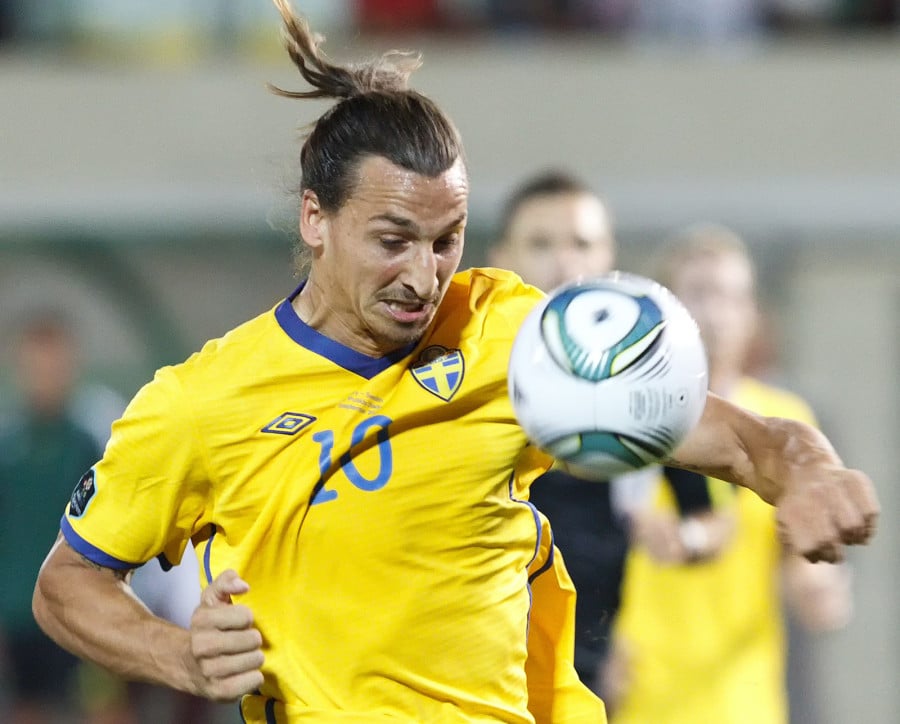Game Theory & The Beautiful Game: Ibrahimovic, EA Sports And Collective Bargaining Of Image Rights

The late Wilt Chamberlain was one of the greatest basketball players to ever grace the NBA[1]. Some, including Wilt himself, argued that Chamberlain was even better than the man most commonly regarded as the GOAT, Michael Jordan. But, if you Google Wilt Chamberlain today, in addition to learning about Wilt’s unrivalled statistics, you may also find yourself considering the merits of theories of economic justice. The reason for this - the ‘Wilt Chamberlain Argument’.
The Wilt Chamberlain Argument was first put forward by the American philosopher Robert Nozick[2]. In his book Anarchy, State and Utopia Nozick describes a situation where basketball fans in their thousands voluntarily pay a small amount to Wilt Chamberlain to watch him play. As a natural consequence of this, basketball fans become a little bit poorer, but Wilt Chamberlain becomes a lot richer. The economic disparity created between player and fan, however great, so Nozick’s argument goes, is a just result of voluntary decisions.
It is an argument along these lines, ‘it’s me they have come to see’, that many of the world’s biggest stars of screen and stadium use to negotiate and justify their enormous salaries. Two sports stars who undoubtedly fall into the camp of players who individually add viewers to their clubs’ ‘box office’ are Zlatan Ibrahimović and Gareth Bale. In a career spanning over 20 years already, Ibrahimović has had successful spells for at least one big club in four of Europe’s top five leagues and scored more than 500 goals. Gareth Bale is probably most famous for amazing performances and goals for Tottenham and Real Madrid in the UEFA Champions League – a competition he has won 4 times. Both players are their respective nations’ leading scorers and are famous for iconic overhead kicks.
This article examines how the rights to use football players’ images in games such as FIFA21 are negotiated, and whether the current collective bargaining model is satisfactory for the 'star' players. Specifically, it looks at:
- Players’ rights to exploit their image
- The complexities of image right law in the UK
- How image rights are managed in football
- The benefits of collective bargaining and whether it works for star players
To continue reading or watching login or register here
Already a member? Sign in
Get access to all of the expert analysis and commentary at LawInSport including articles, webinars, conference videos and podcast transcripts. Find out more here.
- Tags: FIFA | FIFPRO | Football | Image Rights | Intellectual Property | The PFA | Video Games
Related Articles
- Sport and intellectual property – the year in review 2019/20
- Football Manager & Man United - how IP connects the virtual and real football worlds
- Sega’s early win against Man Utd in Football Manager trade mark case
Written by
Mark Kramer
Mark Kramer heads up the London litigation & licensing team at leading European intellectual property firm, Potter Clarkson.
Richard Millington
As well advising on some of the sporting world’s biggest deals his experience includes negotiating cross border joint ventures, developing and executing litigation strategies in multiple jurisdictions and working on key outsourcing, telecoms projects, IP exploitation (including content/broadcast rights), sponsorship, distribution and agency arrangements.

 Global Summit 2024
Global Summit 2024